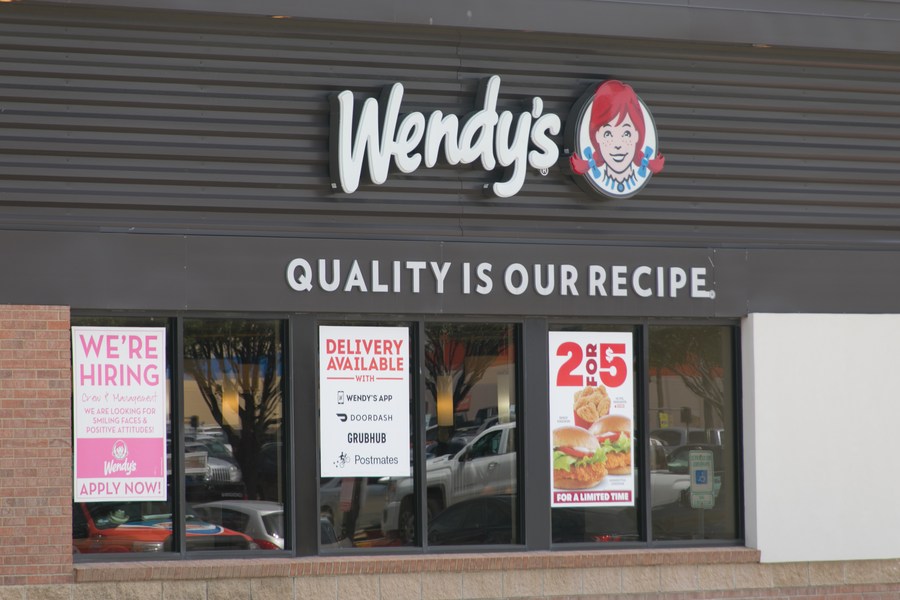
A girl rides a scooter outside a shopping mall which is closed to in-store shoppers in New York, the United States, July 14, 2020. (Xinhua/Wang Ying)
It would weaken U.S. economic growth if unemployment benefits aren't boosted further, said Robert Kaplan, president of the Federal Reserve Bank of Dallas.
WASHINGTON, Aug. 3 (Xinhua) -- An extension of some form of extra unemployment benefits would bolster U.S. economic growth, a senior Federal Reserve official said Monday.
As negotiations between Republican and Democratic lawmakers for the new COVID-19 relief package stall, the extra 600-U.S.-dollar unemployment benefits per week for roughly 30 million Americans expired on Friday.
"I think you're still going to need to see an extension of unemployment. It may be restructured to some extent from the $600 but I think it's important that we see an extension of it," Robert Kaplan, president of the Federal Reserve Bank of Dallas, said in an interview with Bloomberg Television.
"The increased incomes, while it may have made it harder for certain individual businesses to hire, it's helped create jobs because it's helped bolster consumer spending, so the net effect still has probably been positive for the economy and for employment," Kaplan said, adding it would weaken U.S. economic growth if unemployment benefits aren't boosted further.

A Wendy's restaurant is seen in Plano, Texas, the United States, on July 2, 2020. (Photo by Dan Tian/Xinhua)
Mark Zandi, chief economist of Moody's Analytics, also said that letting enhanced unemployment benefits expire or even renewing them at a lower amount will be a "significant hit" to the U.S. economy.
"There has been talk that Senate Republicans support cutting the benefit to 200 dollars per week. If this becomes law, nearly 1 million jobs will be lost by year's end, and unemployment will be 0.6 percentage point higher," Zandi wrote last week in an analysis.
"With unemployment still firmly in double digits and seemingly set to go higher regardless of what lawmakers do now, this would seem a poor policy choice," he added.
The U.S. economy contracted at an annual rate of 32.9 percent in the second quarter of the year, the steepest decline since the government began keeping records in 1947, the Commerce Department reported Thursday. ■



